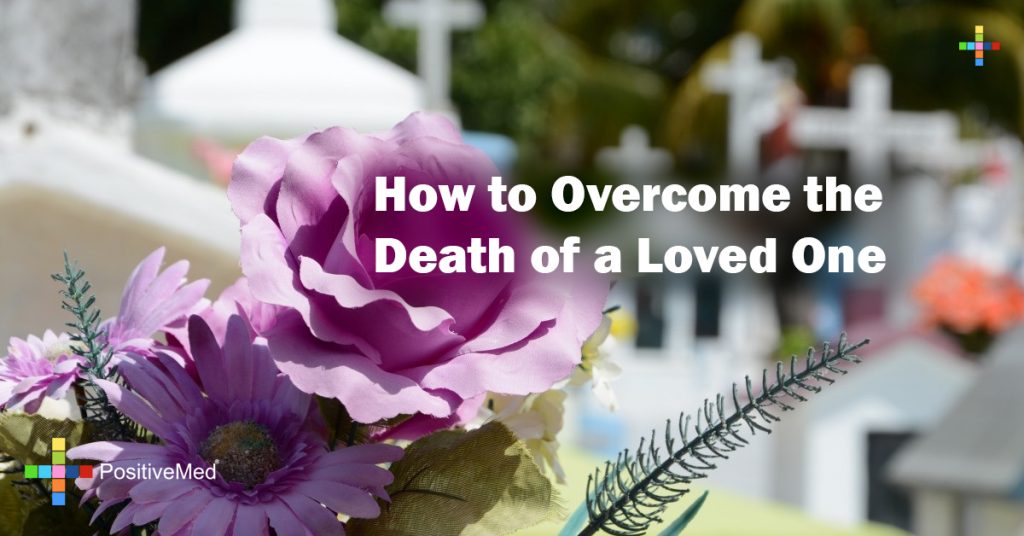
How to Overcome the Death of a Loved One
By Andres Carvajal
edited By: Stephanie Dawson
Overcoming the loss of a close friend or relative can be one of the biggest challenges anyone can deal with. The death of a romantic partner, brother, or parent can cause a great deal of pain. We can try to rationalize the death of someone as part of the natural cycle of life, its pretty sure we will be hit by shock, confusion, and episodes of sadness and depression.
Everyone reacts differently to death, and we have different mechanisms to overcome and deal with pain inherent to loss. Research shows that time always allows people to deal with the loss if they can count on someone. Another factor that helps overcome the loss of a close friend or relative is to maintain healthy habits.
Since we deal every death differently this process can take from several months to years. There is no normal time period of grief, or you cannot anticipate in which stage of grief you’re in. The stages of grief are nor linear nor progressive, they are stages not linear phases.

Human beings by nature have a great deal of resilience. Resilience is the capacity to cope with stress and traumatic experiences. Some people handle grief with more difficulty than others, and they can feel they are not able to deal with everyday activities. These people can be dealing with complicated grief. If that is your case, you might need the benefits and help of a mental health specialist, like a psychologist or therapist.
How to continue with your life:
Overcoming the loss of a close friend or relative will take time. Researchers suggest that we find new senses and purpose in life, new projects and a fresh motivation. Here are some common strategies for handling this painful process.
• Speak about the death of your relative of friend with close friends or relatives to try to understand what happened and to remember that special person. Denying the death will lead to isolation and can frustrate those persons that are part of your social support.
• Accept your feelings. After the death of a close friend or relative you can experience a wide variety of feelings. Its normal to feel sadness, anger, frustration, or even fatigue.
• Take care yourself and your family. Eat well, exercise, and rest will help to feel better and raise endorphins.
• Help others suffering with loss. When you help others you feel good yourself. In most cases, good memories and stories will help everyone deal with that loss.
• Remember and celebrate the life of your loved one. You can make a donation to a special institution, frame some photographs, plant a garden, or make a donation in the name of the deceased. You will know what could be more significant for that special person.
If you feel that you are overwhelmed or you find it extremely difficult to keep your normal routine the best thing you can do is to speak with a mental health specialist that will help you recover the path.





